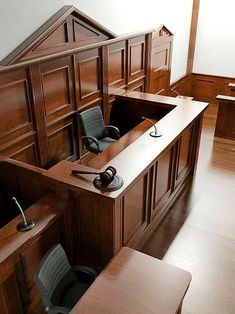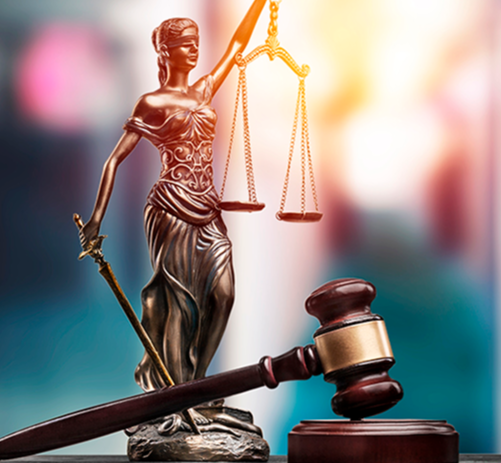Лоер
Protection of human and citizen rights in court.
Protection of human and citizen rights in court is one of the key elements of the rule of law. In modern society, judicial protection acts as the main mechanism for the realization of rights and freedoms enshrined in the Constitution and other normative legal acts.
Representation of interests in court
Representation of interests in court is one of the important aspects of rights protection. It is a process in which a specialist, such as a lawyer or other representative in court, protects the rights and legitimate interests of a citizen or legal entity. Representation of interests in court can be carried out both on the basis of a contract and by a court decision in cases provided for by law.
A lawyer in court: the important role of a professional
A lawyer in court is a person who has the necessary knowledge and experience to provide legal assistance and protect the rights of his clients. A lawyer for the court provides not only legal advice, but also helps in drawing up procedural documents, represents interests in court, and also protects human rights and freedoms during court proceedings. A professional lawyer in court possesses argumentation skills and knowledge of procedural nuances, which are critically important for a successful defense.
Representative in court: an alternative form of protection
In addition to a lawyer, a representative of interests can be another person who has the appropriate authority. A representative in court can be elected by the citizen himself or appointed by a court decision.It can be both a lawyer and another person, for example, a lawyer, an employee of an enterprise or organization, who has adequate knowledge in the field of law and can effectively protect the interests of his client.
Defense in court: process and stages
The process of protecting human and citizen rights in court is complex and multifaceted, consisting of several key stages, each of which is important for achieving a positive result.
The first stage: preparation for the trial
Preparation for the trial is an extremely important stage, because it is at this stage that the foundation for a successful defense in court is laid. First of all, a lawyer or a representative in court, together with the client, determines the defense strategy that will be the most effective in a specific case. This includes an analysis of the circumstances of the case, the legal rules that may apply, as well as possible legal risks.
The next step is to collect evidence that supports the client's position. These can be documents, witness statements, expert opinions and other materials relevant to the case. In addition, at this stage, procedural documents are prepared, such as a statement of claim, a response to a claim, a petition, etc. The course of the trial largely depends on the quality of the preparation of these documents.
Second stage: direct trial
Direct trial is the stage at which a lawyer or representative in court presents the position of his client before the court. At this stage, it is important not only to have well-prepared evidence, but also to be able to present it correctly.The lawyer makes legal arguments based on the collected evidence, cites examples of court practice, and applies legal norms to support his position.
During the court session, witness interrogations, expert hearings, review of material evidence and other procedural actions may take place. It is important for a lawyer to be ready to promptly respond to the actions of the opposing party, skillfully counter-argument and protect the interests of his client in the context of the court process.
The third stage: execution of the court decision
The last stage is the execution of the court decision, which can be no less important than the trial itself. A court decision that has entered into legal force is subject to mandatory execution. However, in real life, court decisions are not always enforced voluntarily, especially when it comes to property disputes or other conflict situations.
In the event that the court decision is not enforced voluntarily, the lawyer provides legal assistance in the process of enforcement. This may include contacting the enforcement service, drawing up the necessary documents for opening enforcement proceedings, monitoring the actions of executors and other measures aimed at implementing the court decision. The lawyer can also help the client in the event of the need to challenge the actions or inaction of the executive service.
Conclusion
Protection of human and citizen rights in court is a complex and multifaceted process that requires a professional approach and deep knowledge in the field of law. A court lawyer or other court representative plays a key role in ensuring the effective protection of the rights and legitimate interests of their clients. Thanks to professional representation and proper legal support, every citizen has the opportunity to defend their rights and receive fair protection in court.

































